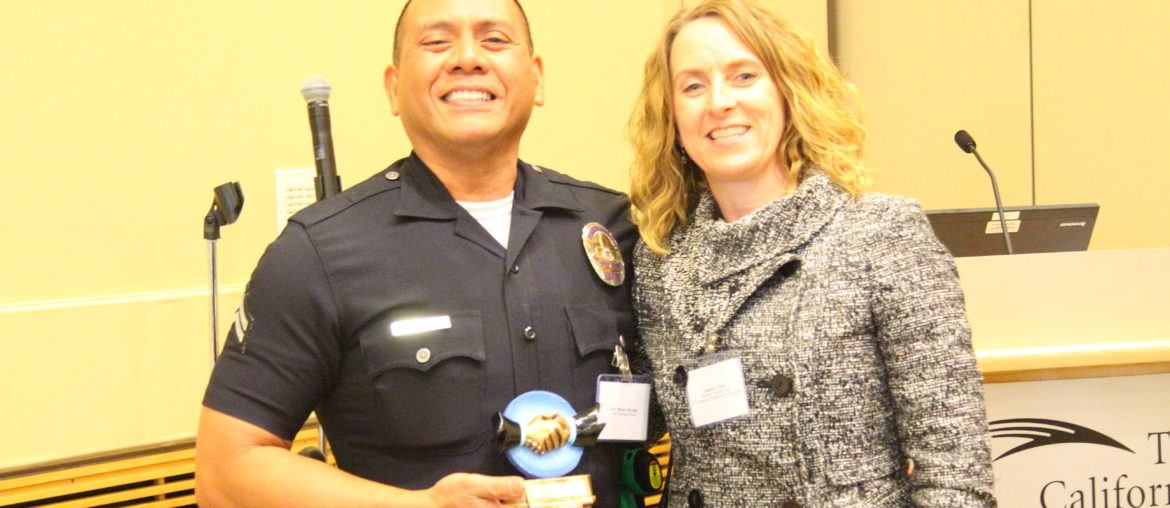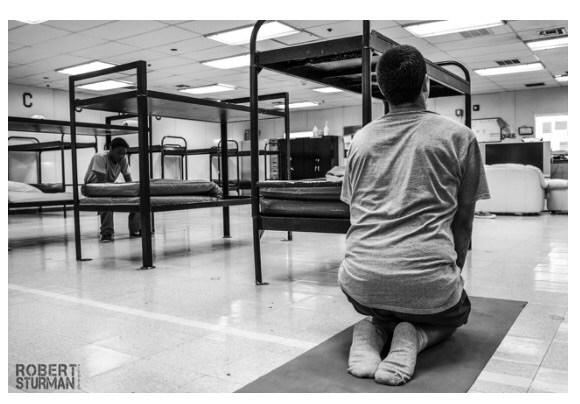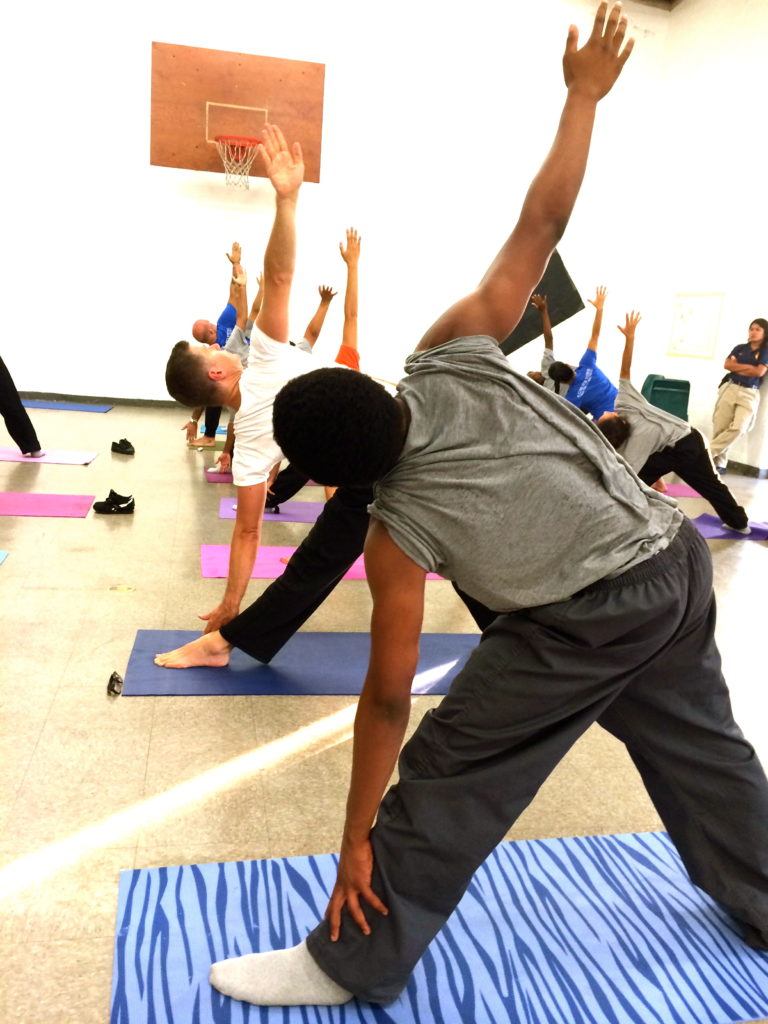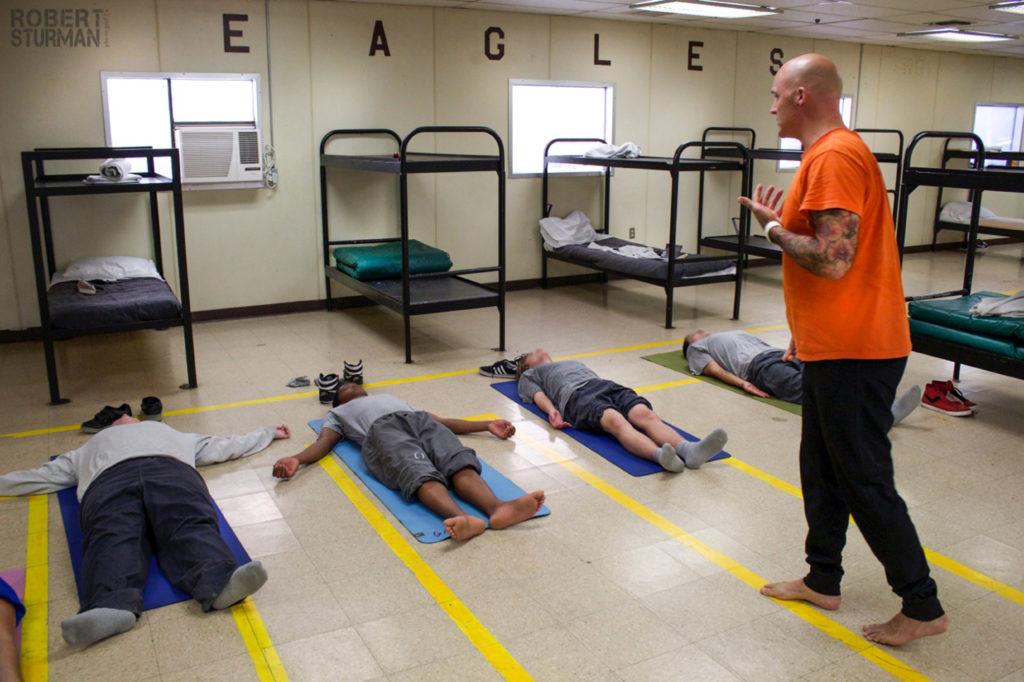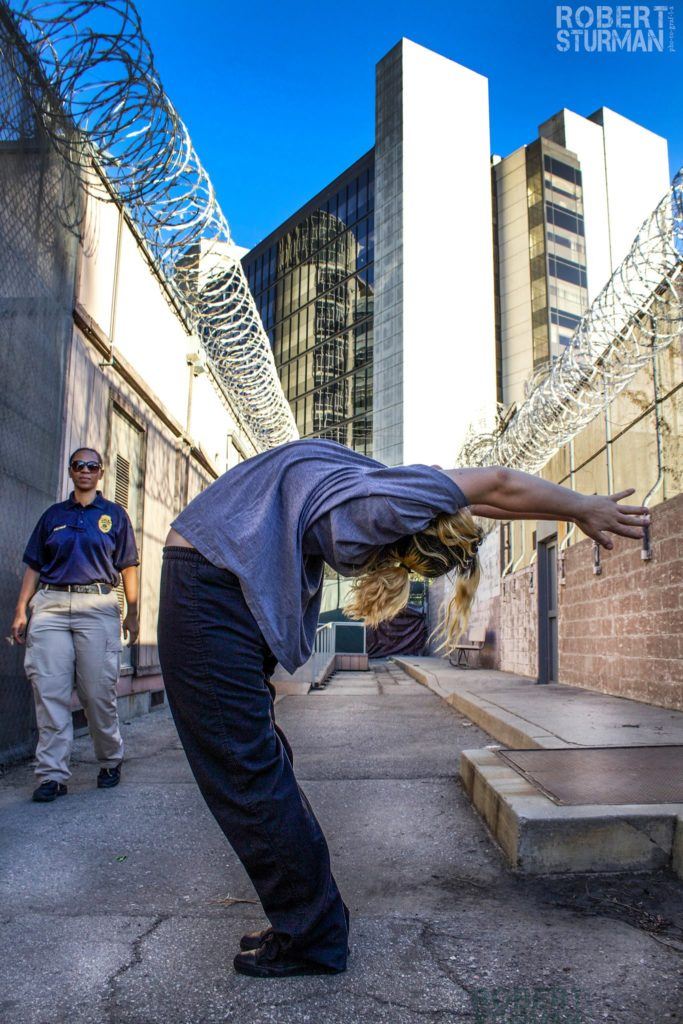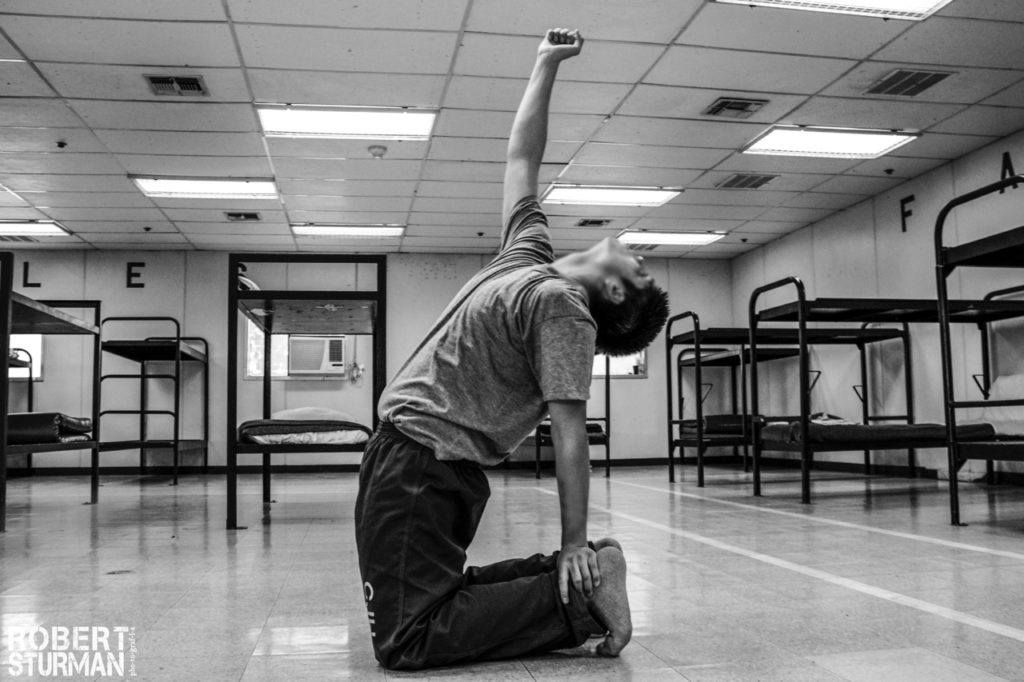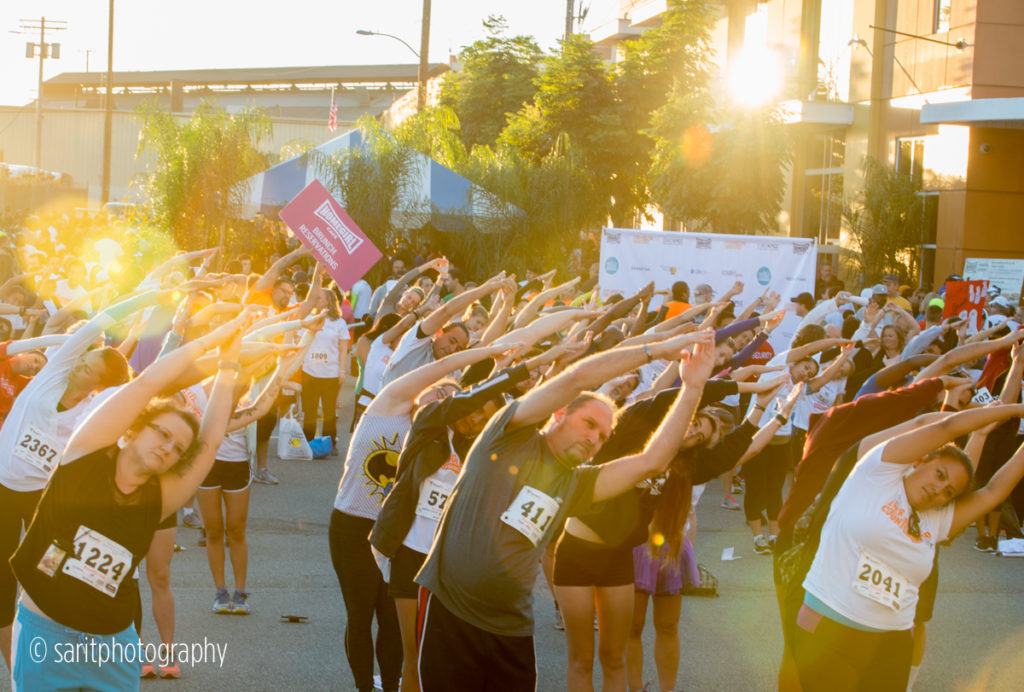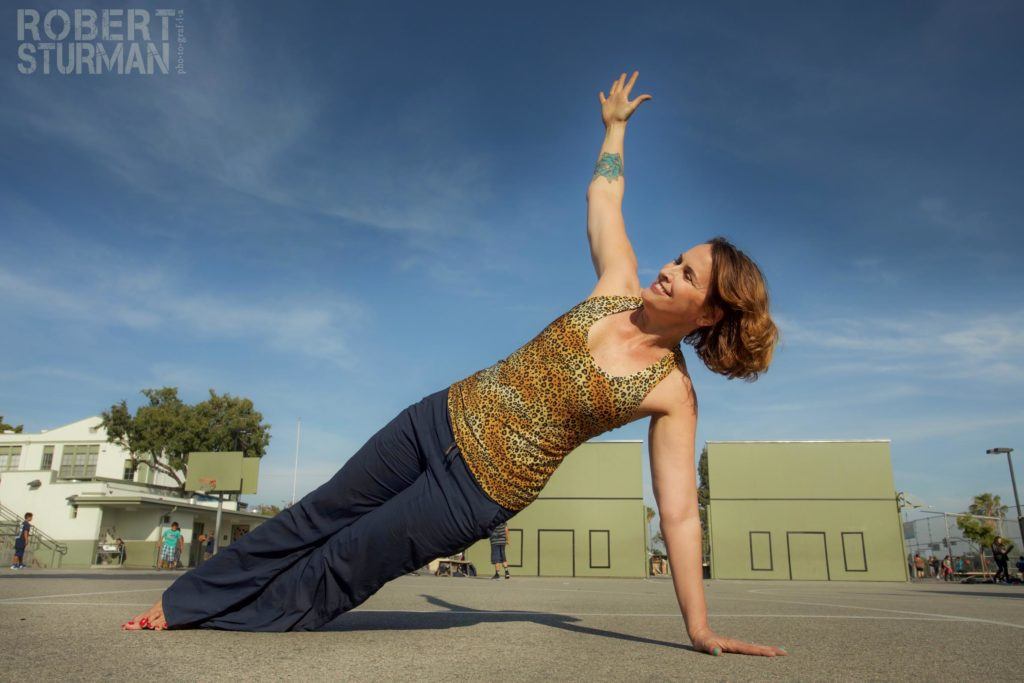“I have always found that mercy bears richer fruits than strict justice.”
Abraham Lincoln
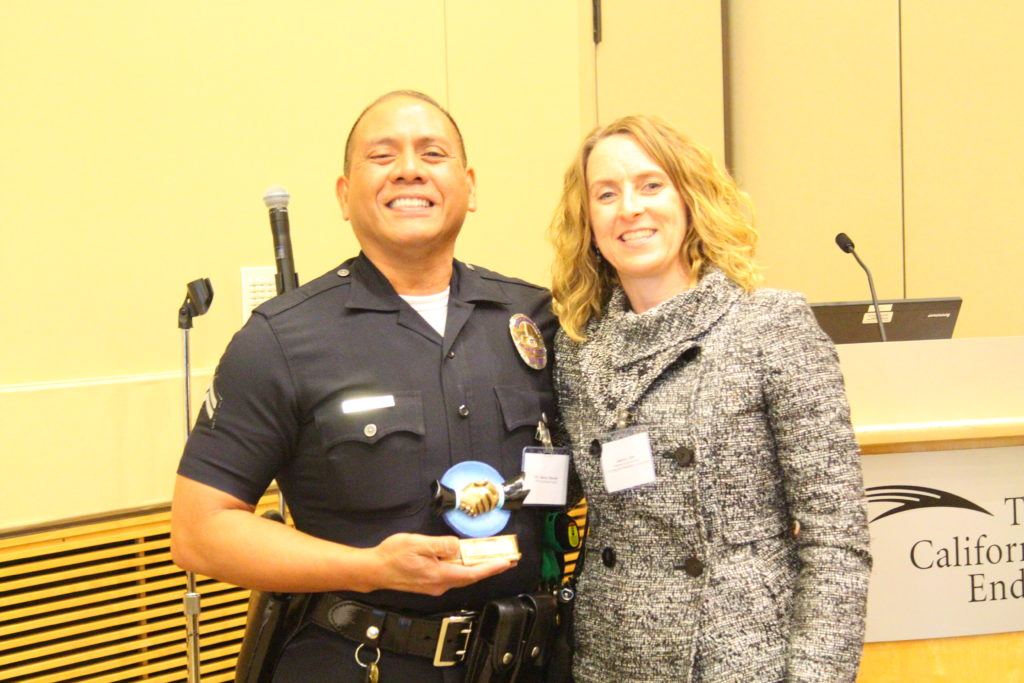
In my crazy life one thing always seems to lead to another. This past Christmas I met the amazing Jessica Ellis at a holiday work party. Jessica is the Executive Director for an incredible nonprofit called Centinela Youth Services. Their mission is to reduce the number of youth attached to the criminal justice system. After last week’s conversation with the remarkable Jill Weiss from UpRising Yoga, I thought the time to circle back with Jessica was now. There is so much work happening in the juvenile justice system and I wanted to know more.
It truly never ceases to amaze me how a simple idea can impact generations of lives in such a positive way. That is exactly what happened in the 1970s when a few Inglewood police officers recognized that kids who were doing stupid things didn’t really need jail, they needed guidance. More than that, these juveniles’ needed to own their mistakes and face (literally eye to eye) the person that they had harmed.
Charity Matters: Tell us a little about what Centinela Youth Services (CYS) does?
Jessica Ellis: Centinela Youth Services, or CYS as we call it, mission is to reduce the number of vulnerable high needs youth attached to the juvenile justice system in partnership with the Los Angels Police Department, seven other police departments, Inglewood and Compton School Districts, the Public Defender and the District Attorney. We work to keep kids out of the justice system and service the victims of crimes in the process in order to create a more human approach to healing.
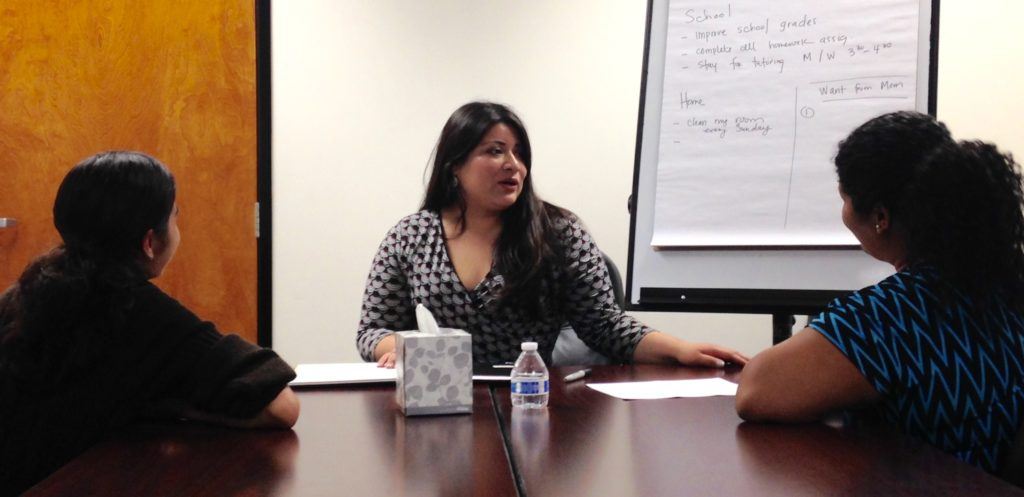
When our kids and the victims of crime meet face to face they are put together with two trained community volunteers. We are healing the child and the victim and the community. Our volunteers are the true champions. The magic is bringing two people together towards resolution.
Charity Matters: Give us a little history of CYS?
Jessica Ellis: Between 1973 and 1975 there were a number of police officers in Inglewood, CA who thought that there were kids who really needed to be helped rather than arrested. A couple guys on the police force on their own started to connect these kids to after school programs or counseling rather than to jail. It ended up demonstrating that there was a need for this. It became more than they could do on top of their day job so the city of Inglewood along with five local cities ended up coming together to charter our nonprofit to divert students from arrest to counseling.
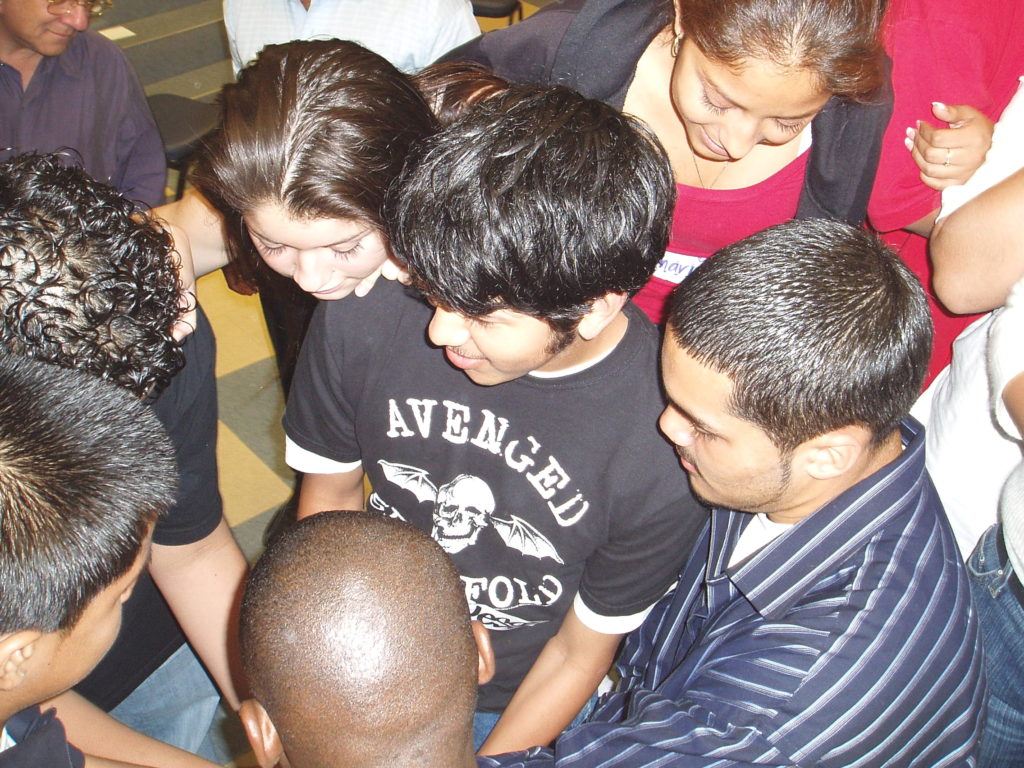
Charity Matters: What are your biggest challenges?
Jessica Ellis: The interesting thing for us right now is that there is a very unique window of opportunity that has been going on the past couple years for our kind of work in restorative justice. We have been doing diversion (from juvenile hall) since the 1970s and restorative justice since the early 90s and now it is sort of the new hip thing and all of the sudden there is political will for this work and a quite a bit of it.
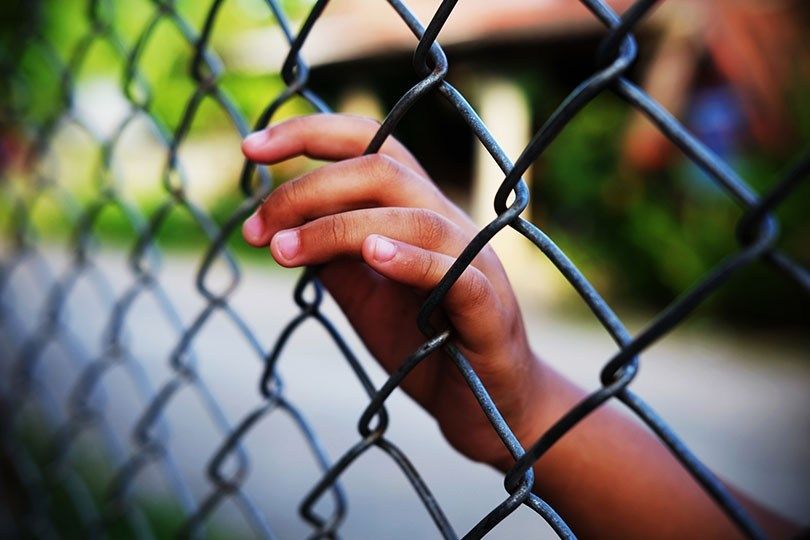
We have been doing this work in actively transforming the juvenile justice system and our model has influenced others to replicate our program across the state and country. We started the first diversion program in LA County, so when a child is picked up the arrest is not recorded on their record if they complete the diversion program successfully that they have been assigned. While the replication is hugely exciting, we get pulled in as the experts to help replicate our work for this juvenile justice transformation. We don’t necessarily get funded to be the experts. So the challenge is to meet our core capacity and help to expand and replicate work.
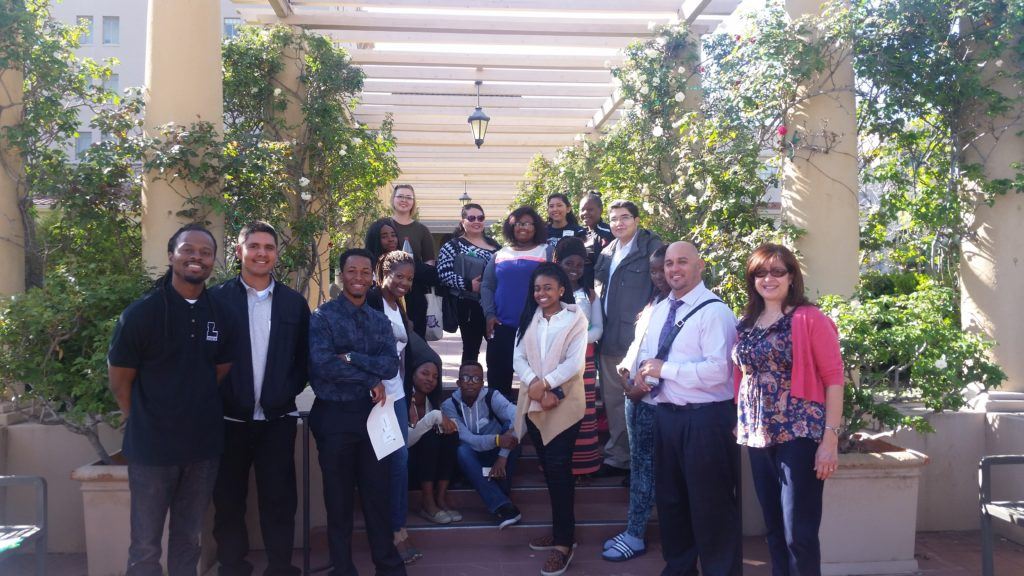
Charity Matters: What fuels you to keep doing this work?
Jessica Ellis: What I love most is that we transcend all criminal justice systems. We bring people face to face to resolve conflicts. We bring the child face to face with the victim of the crime and this two sided approach brings us back to our humanity. It is so much more rewarding. A lot of us have been impacted by both sides of the justice system, I have close family members who have spent time in prison and I have a family members who was murdered. People that I love have hurt other people. We need to recognize both of those sides and that we can repair humanity, move forward, make people whole and not just give up and throw away people, especially kids.
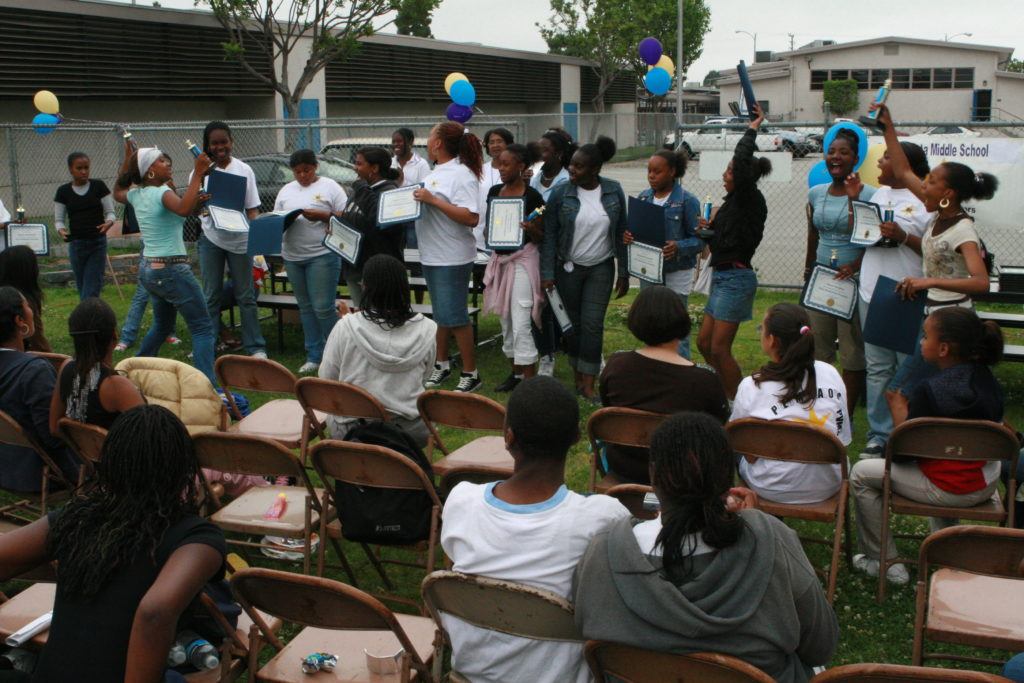
Charity Matters: When do you know you have made a difference?
Jessica Ellis: I know that we have made a difference when a child connects with the person that they have harmed. A fifteen-year old boy vandalized a school really badly with graffiti everywhere. He really did a huge amount of damage. The principal was so angry he didn’t want to meet with him. The principal sat in the room with the images of the damage on his laptop fueling his anger. The boy walked into the room and the principal would not look up at him.
When the mediator asked the boy why he wrote bad things about his school and his teachers. The boy didn’t answer. The boy’s mother said to her son, “Tell the principal about what your teachers did.” The young boy tells his principal that when his father went to jail, his teachers were kind and that they bought him clothes and food. The principal now looked at this boy now with humanity. He said, “Your dad went to jail?” The boy replied, “Yes, and I was angry.” The two began talking about art because some of the “damage” was very artistic. The principal loved art as well. He ultimately mentored the boy and enrolled him in a special art program and had him draw a mural at the school
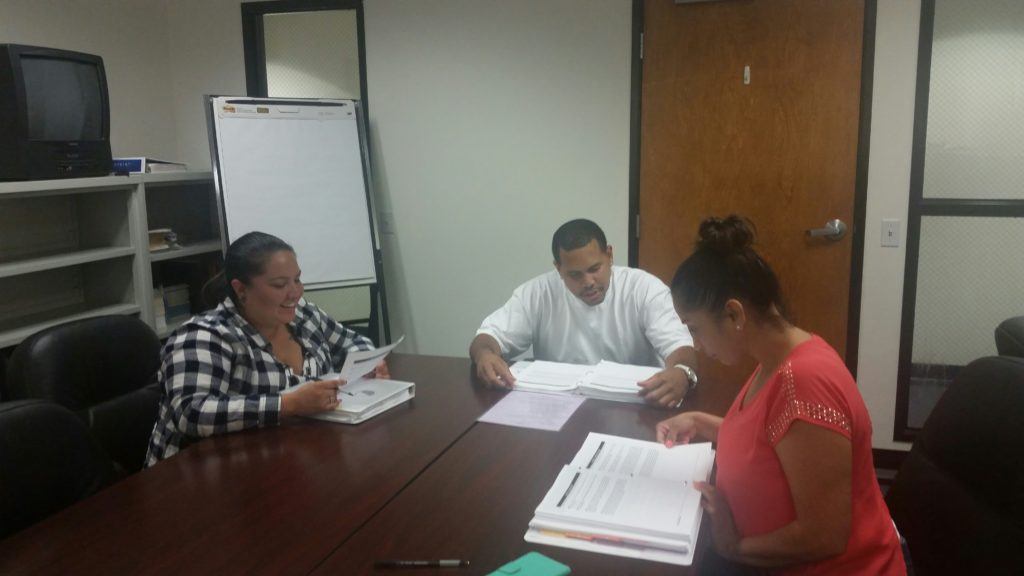
Resolution like this happens everyday. This is very typical of our work. One third of kids are dealing with some sort of mental illness in their homes, one third deal with trauma…we see so many kids do dumb things on the heals of a parent’s death. Kids act out so often due to trauma . Our system is set up to feed that anger and bipolarity, the prison system does not get to the underlying issues where we do.
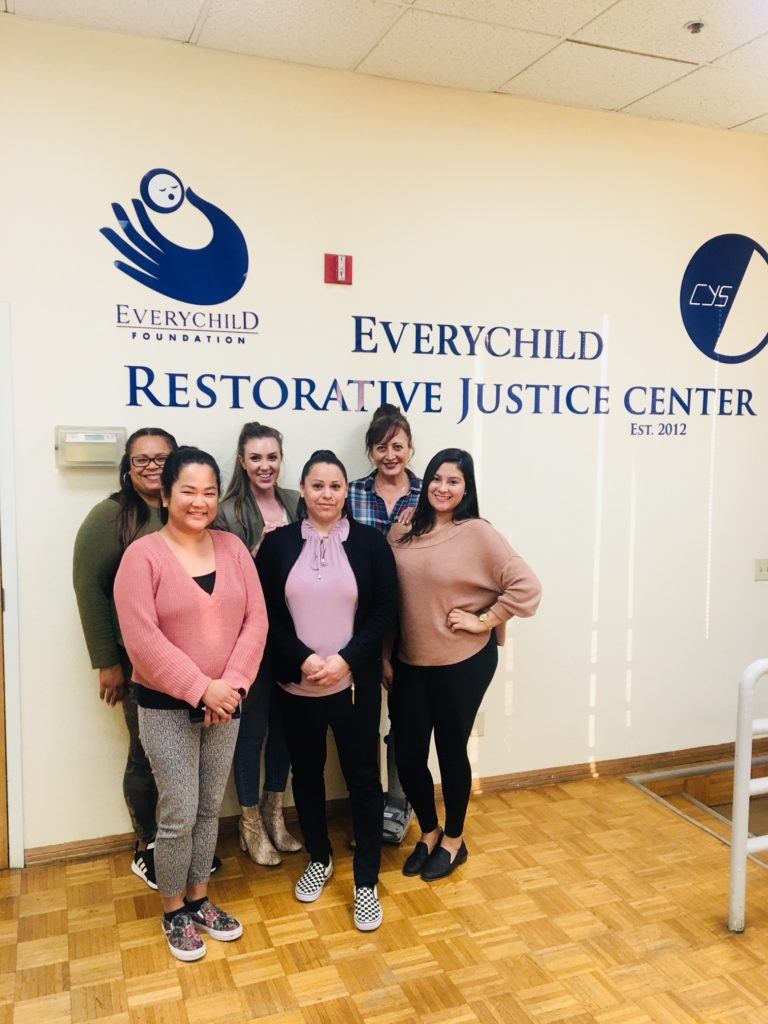
Charity Matters: Tell us what success you have had? What has your impact been? Number of people impacted, funds raised?
Jessica Ellis: Our greatest impact is that we have created a space where kindness and compassion can grow for over 1,000 children a year. We believe that our kids deserve quality. Our crime victims have a 98% satisfaction rate with our work, the kids rate our program fair and equitable 96% of the time. Our recidivism rate (or the rate with which students are rearrested) is significantly reduced. If you lock kids up they have a higher chance of going back to jail by two-thirds. If you don’t lock them up but put them on probation there is a 23% to 33% of recidivism. Our kids a have less than 8%rate.
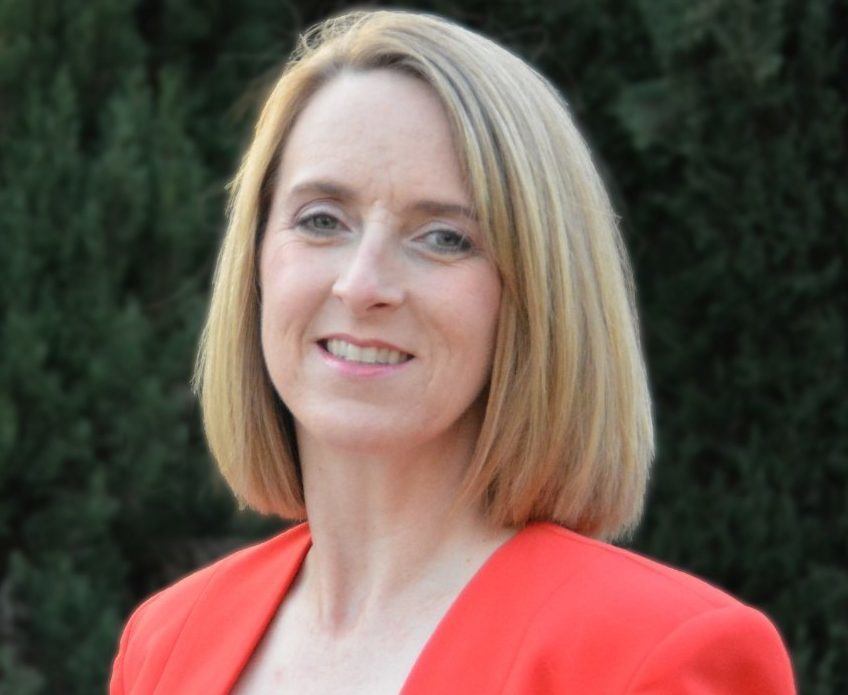
Charity Matters: What life lessons have you learned from this experience?
Jessica Ellis: It is so easy as humans to want to fix or to blame and to not look at ourselves. If we are helping other people resolving conflicts at work, how can we do this in our own families and lives? Looking at our own lives reminds us how hard this work is and how important.
Charity Matters: How has this journey changed you?
Jessica Ellis: Our work is having such a huge impact here in California. Nationally there is so much discord. All politics aside, the amount of change we are making here in California that moves the criminal justice system to be better for kids, just gives me so much hope. We are seeing law enforcement, District Attorneys, community advocates, criminal justice reformers all coming together to make this change.
Having hope is a good thing to have.
Charity Matters.

